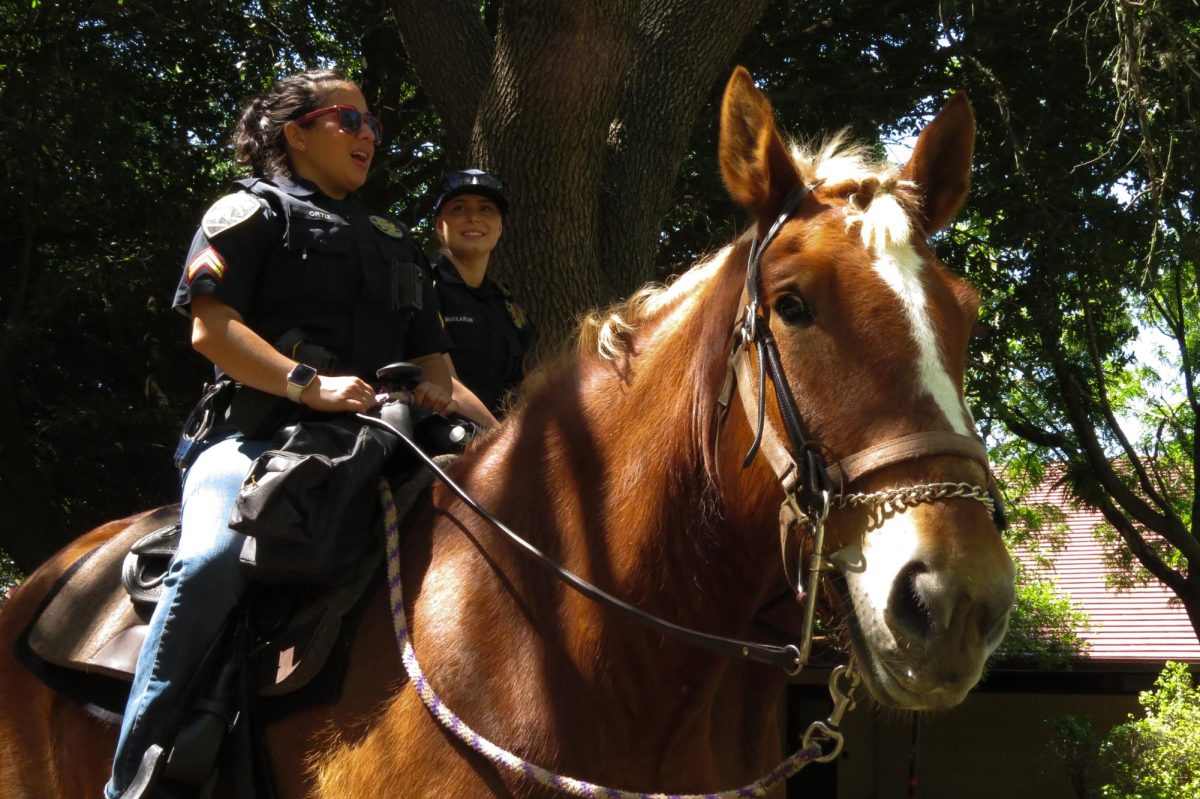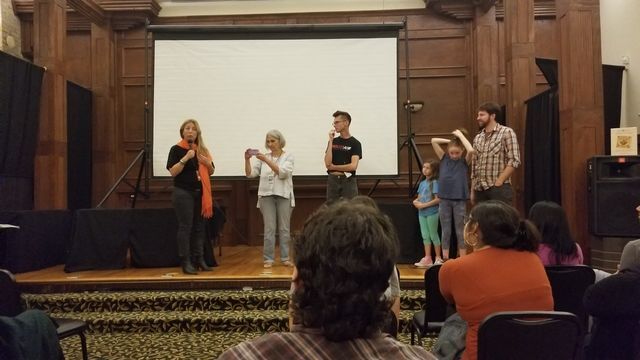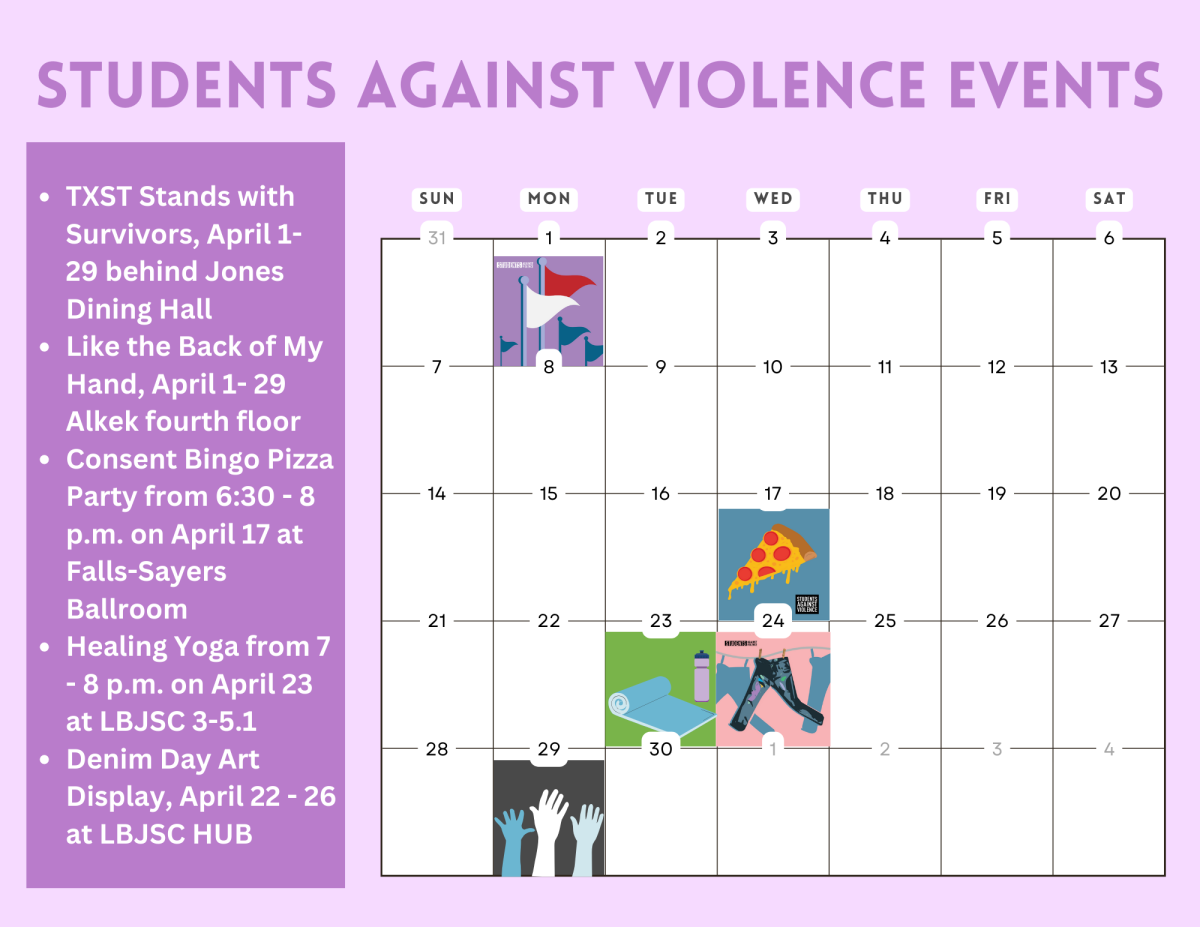The final block of the Lost River Film Festival concluded the indie event with two documentaries depicting the civil strife and social problems in Texas.
The festival ran from Nov.1 through Nov.4 and showed no less than fourteen films with immigration centered narratives.
The last of the films included the global premier of “The Day They Took My Father,” directed by Anlo Sepulveda. The documentary follows the story of Nataly Avendano’s struggle to free her father, Victor, from the clutches of ICE.
The documentary details the protests and rallies the Wimberley teenager held in hopes of getting her father released, a feat which proved successful. With Victor released, Avendano now awaits Victor’s deportation court date.
Sepulveda explained the difficulty in finding people willing to share their story, because many undocumented immigrants understand that doing so will put a target on their backs.
“With the rhetoric and narrative fed to us by Trump and others in power, I felt like we needed that counter narrative: a voice telling us these people aren’t evil,” Sepulveda said.
The documentary lasted 18 minutes in total, but a shorter, five minute cut of the film recently won the national filmmaking contest called “Reel in the Votes,” which was hosted by Robert Rodriguez, Ethan Hawke, Richard Linklater and Cathleen Sutherland.
The last film of the entire Lost River Film Fest was titled “A Strike and An Uprising.” This hour-long documentary covered two civil rights movements in Texas.
The first movement covered was the 1938 Pecan Shellers’ strike in San Antonio, Texas. This mostly forgotten event centered around the city’s abuse of Hispanic pecan shellers and the strike they took to fight for better wages and working conditions.
The documentary’s director, Anne Lewis, explained the strike was initiated because of a pay cut. Suddenly, instead of making six or seven cents a pound, sellers were making four or five.
“Although that may seem like only a penny or two to us, that’s a twenty to thirty percent decrease in pay for people who were already below the poverty line,” Lewis said.
Lewis said without the help of workers’ unions, congress would have never passed the Fair Labor Standards Act of 1938, which established the first minimum wage at twenty five cents an hour.
The second movement the documentary covered was the Jobs with Justice march in 1987. Led by Nacogdoches cafeteria workers, groundskeepers and housekeepers, the march challenged Stephen F. Austin State University after a race and discrimination lawsuit by the NAACP on behalf of Annie Mae Carpenter.
The march included more than three thousand people – labor unionists, activists, and workers. After butting heads with the University, Stephen F. Austin State finally agreed to the union’s contract and paid out the wages it owed to African Americans.
“This event has also been mostly forgotten,” Lewis said “We have to call out this history that’s been ignored.”
David Marrs, owner of Vagabond, a local clothing store that sponsors the Lost River Film Fest, said he sat through the final block, despite not knowing what he was going to be seeing.
“I’m actually from Nacogdoches, and it’s a brutal area,” Marrs said “There is so much about the area that is radically oppressive towards anybody who isn’t white, conservative and Christian.”
Marrs shared his experiences with the area, and the film’s reflection on its culture. Lewis took his experiences and related them to the lessons engrained during childhood. She ended her Q&A with the amount of change that has happened since the plight of the protestors, as well as how much has not changed.
Every aspect of the stories told still affect local people to this day, whether it be a strike from 1938 or the harsh detainment of an undocumented immigrant within the past few months.














